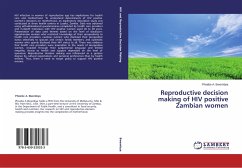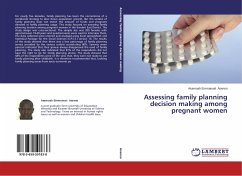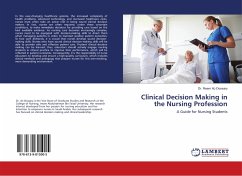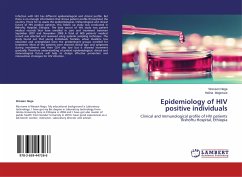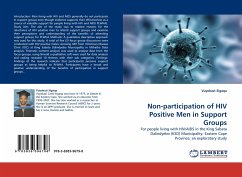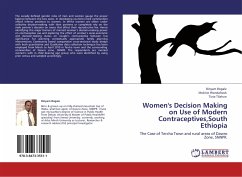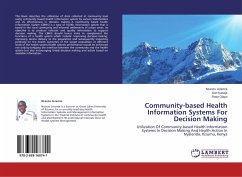HIV infection in women of reproductive age has implications for health care and motherhood. To understand determinants of HIV positive women's decisions on motherhood, an exploratory descriptive study was conducted at three health centres in Lusaka, Zambia. Data was obtained using self-administered questionnaires completed by health care providers and in-depth interviews with HIV positive women aged 20 to 49 years. Presentation of data used themes based on the level of disclosure: apprehensive women who restricted knowledge of their seropositivity to health care providers; cautious women who disclosed their seropositive status selectively to spouses and certain family members; and optimistic women who openly disclosed their HIV status to all. There was evidence that health care providers were insensitive to the needs of seropositive women, revealed through their judgemental language and limited empathy. Access to health and support depended on the level of openness. Reproductive decision making was influenced to a greater degree by cultural expectations and personal preferences than by health services. Thus, there is need to target policy to support HIV positive women.
Bitte wählen Sie Ihr Anliegen aus.
Rechnungen
Retourenschein anfordern
Bestellstatus
Storno

